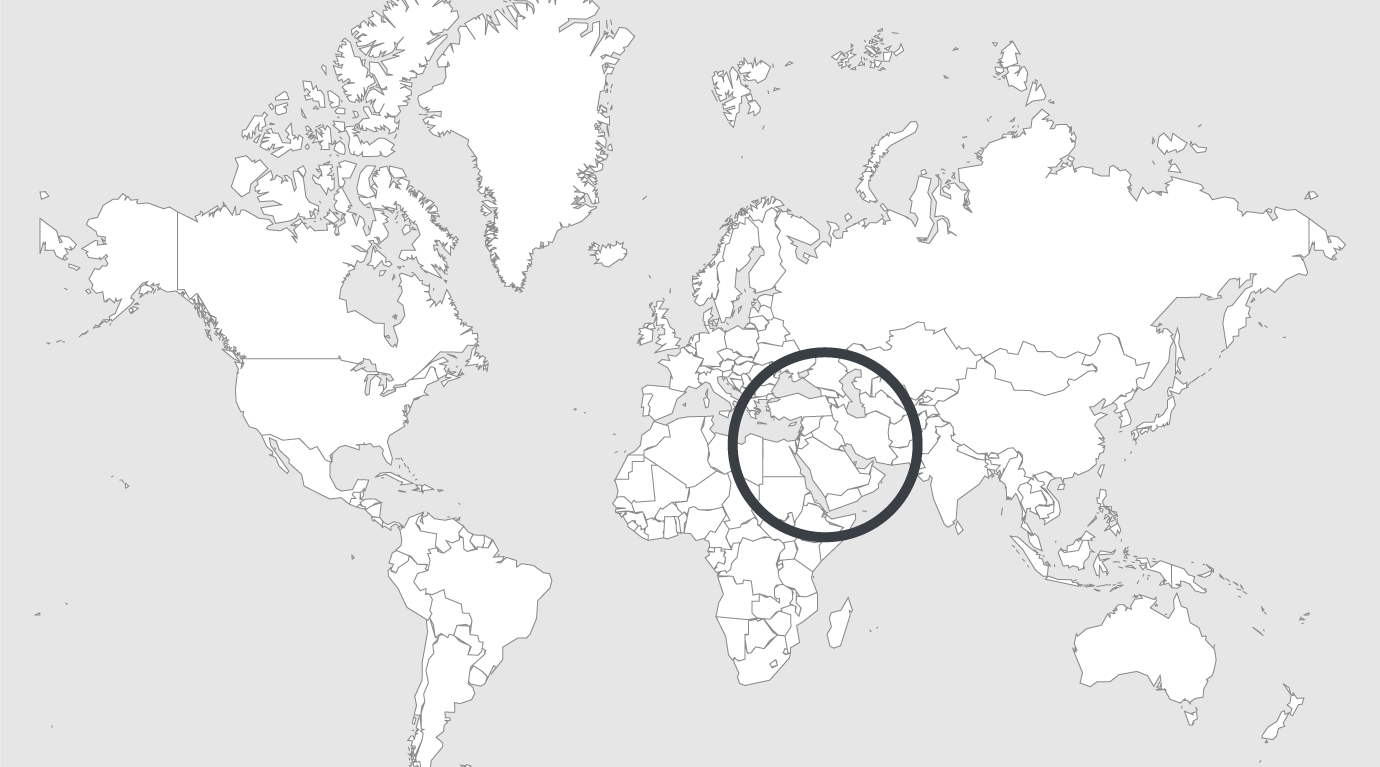
Explore
Iran: hell in south Tehran, juvenile prisoners speak out
“The situation is terrible. The water is undrinkable, the washing facilities are faulty, and bathroom breaks are rationed. There’s hot water for half an hour a day. The ward is dirty and full to bursting. A ladleful of lentils and stones, and frozen rotten sausages, is all we get to eat. There are more bedbugs and mice than there are people. Better to say, then, that here, the valley of Shapark, lies on the other side of hell.”
These are the words of Arash, an inmate who previously spent time on the 4th Brigade of Greater Tehran Prison. The “youth wing” of the 4th Brigade is sometimes known among prisoners as Shapark Valley. No recreation is allowed, and even all the bottles of mineral water used as dumbbells in other parts of the prison are banned here. The sheer extent of overcrowding has turned personal hygiene into a joke. Many inmates suffer from skin conditions, and diseases such as hepatitis and AIDS are rife.
Ali is another ex-prisoner from Shapark Valley. “It’s true that many of us came from the suburbs, but we were sportsmen in possession of our own bodies. I played football myself. But there’s no sports equipment here. It’s ridiculous.
This ward of so-called young people isn’t even permitted a walk for half an hour a day. We all suffer from back pains and leg pains, or else we’re addicted to something, or else we’re beaten in fights over drugs, stolen pictures and honor. Of course, the guards sometimes fall among us in jail. They caress our heads and bodies just as much as they can.”
Each unit or brigade of Greater Tehran Prison has a ward allocated to young offenders, housing an average of 500 people each, or more than double their official capacity. Many of the prisoners were in fact born in the 1980s and, in general, come from poorer backgrounds. Prison guards and managers usually try to avoid taking on duties on these wards because – put simply – they are among the worst jobs in the whole system. Aside from the sheer volume of work because of the overcrowding, the level of violence, strife, self-harm and suicide among prisoners in Shapark Valley is so high that it is impossible to take responsibility for them all.
But while the guards might avoid Shapark Valley, the convicted drug dealers do not. On the contrary: they use their connections with prison staff to get themselves to these wards. The ward is not only stuffed full of pills and medication, but is a good hunting ground for future custom.
